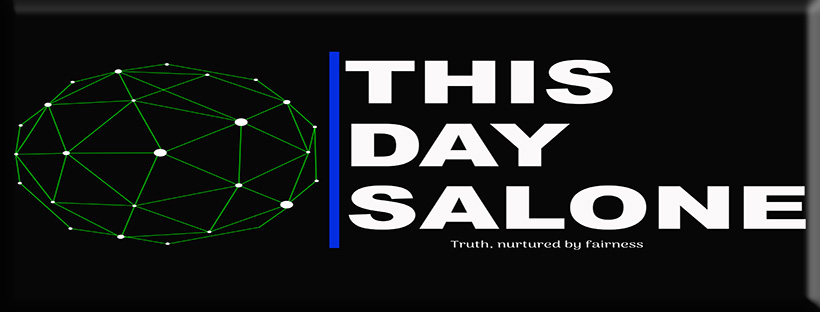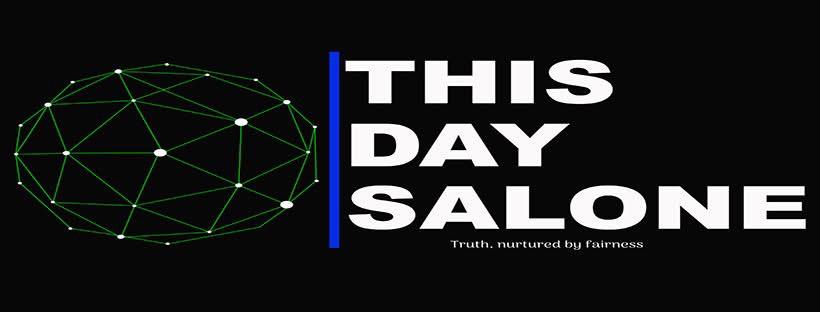By Mackie M. Jalloh
Jos Leijdekkers, infamously known as ‘Bolle Jos’, has long been a central figure in Europe’s narcotics underworld. His criminal activities have spanned international borders, leading to significant legal actions and a prolonged manhunt.
On January 25, 2023, Dutch authorities intensified their pursuit by targeting Leijdekkers’ immediate family. His mother and sister were apprehended on suspicion of money laundering after substantial sums of money were discovered during searches of their residences and office spaces. These coordinated raids aimed to uncover information regarding Leijdekkers’ whereabouts and dismantle his support network.
Despite an ongoing international manhunt, Leijdekkers faced multiple legal proceedings in absentia. On June 15, 2023, he was acquitted in a major trial in Liège, Belgium, even as authorities in Turkey arrested several suspects connected to his operations. However, the tide turned on June 25, 2024, when a Dutch court sentenced him to 24 years in prison for large-scale cocaine trafficking and conspiracy to commit murder. The court highlighted his propensity for violence to achieve his objectives.
Further legal repercussions followed. On September 26, 2024, a Belgian court sentenced Leijdekkers to an additional 10 years in prison for orchestrating the assault and abduction of a security guard after a failed drug extraction in the Port of Antwerp. This conviction underscored his willingness to employ violence when his drug operations faced obstacles.
The reach of Leijdekkers’ criminal enterprise became evident in October 2024 when three Turkish judges were suspended on suspicion of accepting €700,000 in bribes after releasing individuals alleged to be his accomplices. This incident highlighted the extensive influence and corruption associated with his network.
A significant breakthrough occurred in January 2025. A video surfaced showing Leijdekkers at a nightclub in Sierra Leone on New Year’s Eve 2022-2023, following a shooting incident. Subsequent investigations confirmed that he had been residing in Sierra Leone for at least six months. Notably, footage captured him attending a church service alongside members of Sierra Leone’s presidential family, suggesting he might be benefiting from high-level protection.
The Dutch Public Prosecutor’s Office has expressed its intent to collaborate with Sierra Leonean authorities to facilitate Leijdekkers’ arrest and extradition. However, the absence of an extradition treaty between the Netherlands and Sierra Leone presents significant challenges. Complicating matters further are concerns that Leijdekkers may have acquired Sierra Leonean citizenship and established connections with influential figures in the country. These factors could impede efforts to bring him to justice in Europe.
Leijdekkers’ presence in Sierra Leone underscores the nation’s emerging role as a pivotal hub in the global cocaine trade, bridging South American producers and European markets. Despite its rich natural resources, Sierra Leone remains one of the world’s least developed and most corrupt countries, conditions that criminal enterprises like Leijdekkers’ can exploit.
The saga of ‘Bolle Jos’ highlights the complexities of international crime and the challenges inherent in global law enforcement collaboration. As authorities navigate legal and diplomatic hurdles, the case serves as a stark reminder of the pervasive reach of organized crime and the imperative for coordinated international efforts to combat it.




